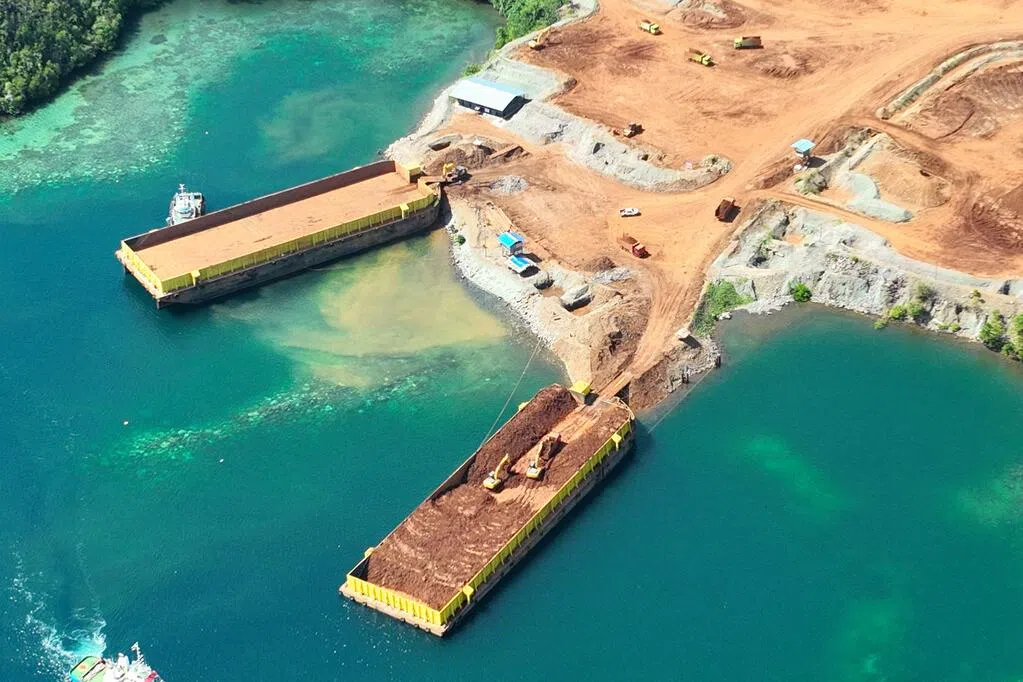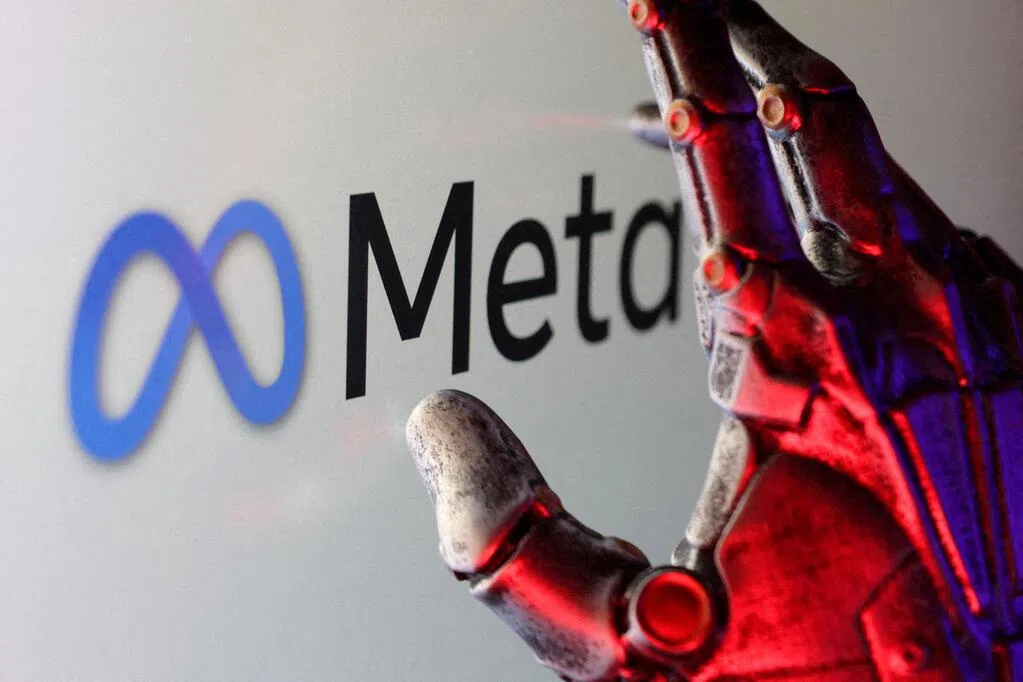(Reuters) A report released by a US think tank indicates that more than 2,400 illegal or unregulated mines across Southeast Asia may be discharging toxic chemicals such as cyanide and mercury into rivers, potentially endangering the health of people living along the banks and consumers of agricultural and fishery products.
Eller, a senior fellow at the Stimson Center who released the report, said that many tributaries of major rivers such as the Mekong, Salween, and Irrawaddy may be severely polluted, adding, "The scale of the pollution is shocking."
Researchers analyzed mining activities at 366 alluvial mines, 359 heap leaching mines, and 77 rare earth mines using satellite imagery. The alluvial mines are mostly gold mines, with some mining tin and silver. The heap leaching mines include mines mining gold, nickel, copper, and manganese.
The Mekong River, flowing through China, Myanmar, Laos, Thailand, Cambodia, and Vietnam, is Asia's third-longest river, supporting the livelihoods of more than 70 million people and exporting agricultural and fishery products globally.
"Because much of the Mekong River basin is largely unregulated by national laws and reasonable regulations, it is highly susceptible to unregulated mining activities," said Eller. "As our data reveals, the intensity and scale of these activities are substantial."
Further Reading


The report points out that toxic chemicals released from mining operations, including ammonium sulfate, sodium cyanide, and mercury, pose a health risk to millions of people along the Mekong River and consumers worldwide. "No major supermarket in the United States doesn't sell shrimp, rice, and fish from the Mekong River basin," said Eller.
Two years ago, Chinese-backed rare earth mining activities began in eastern Myanmar, near the Thai border, raising concerns among researchers about pollution in the lower reaches of the Guo River. Thanapon, a researcher at Thailand's National Institute for Scientific Research and Innovation, said that water samples from the Guo River contained not only arsenic, associated with rare earth and gold mining, but also heavy rare earth elements such as dysprosium and terbium. He pointed out that pollution would worsen rapidly if mining did not cease.
As early as April of this year, Thai authorities warned that the Guo River might be polluted and advised residents along its banks to stop using the river water. 59-year-old farmer Tipu was forced to switch to groundwater to grow pumpkins, garlic, corn, and okra. Looking at the unusable river, she said, "It feels like half my life has died."
Thailand's Deputy Prime Minister and Minister of Natural Resources and Environment, Suchai, said the Thai government has established three new working groups to coordinate international cooperation, monitor the health impacts of mining, and provide alternative supplies for communities along the Kuo, Sai, Mekong, and Salween rivers.
Regarding allegations that Chinese-backed rare earth mining activities are polluting water sources, the Chinese Foreign Ministry, in response to a Reuters inquiry, stated that China has always required Chinese companies to conduct production and business operations abroad in accordance with local laws and regulations and to take strict measures to protect the local environment.



